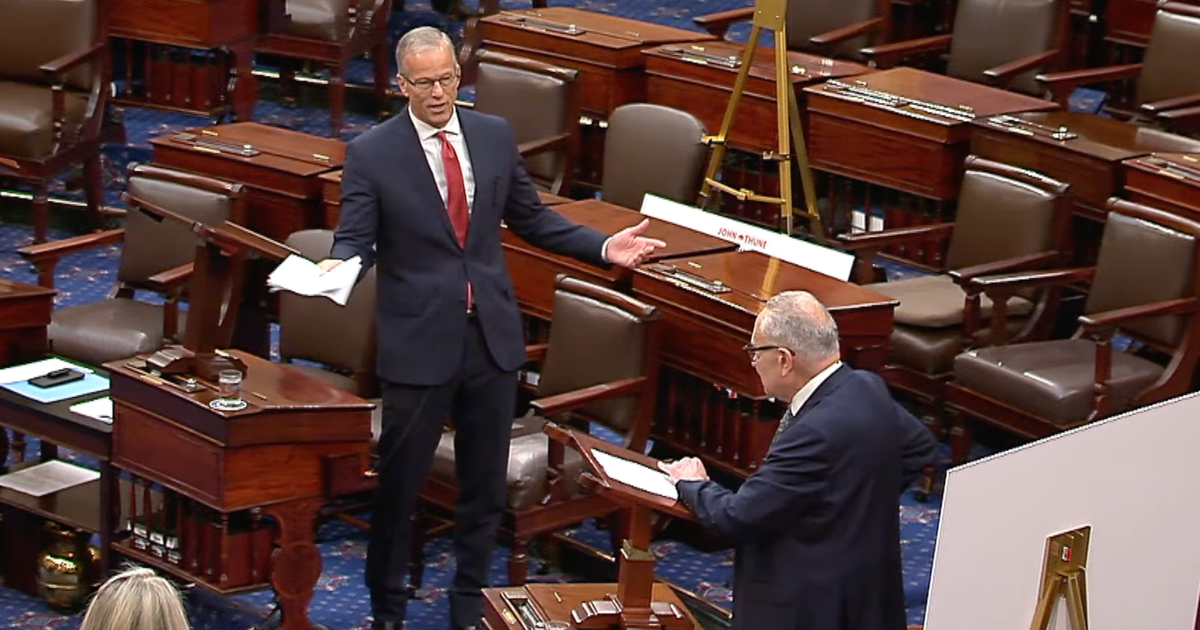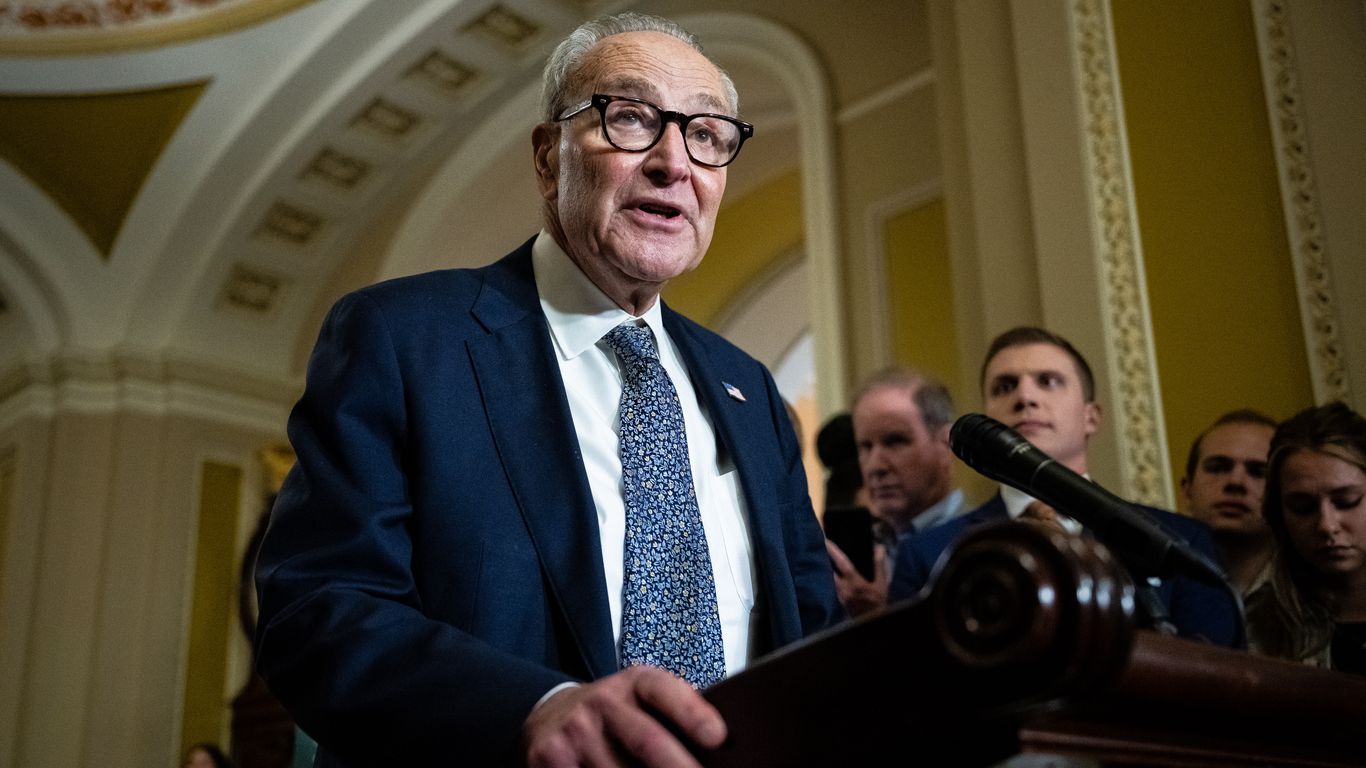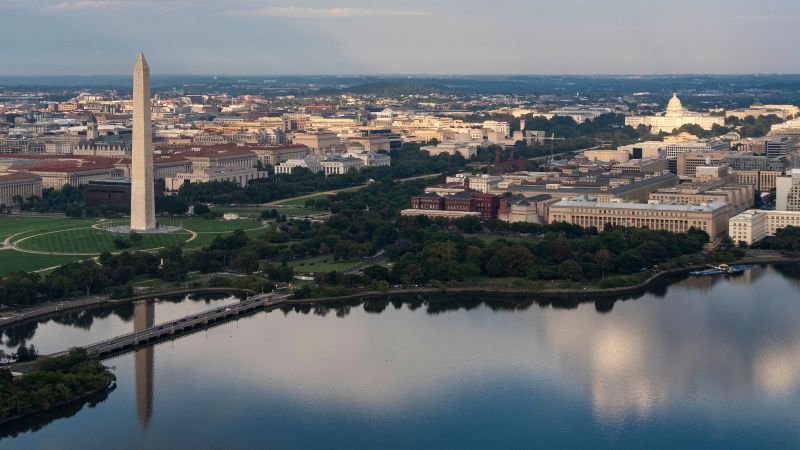Democrats Trigger Government Shutdown: Fallout and Partisan Struggle

Democrats Trigger Government Shutdown
The recent government shutdown marks a significant failure by Democrats, who have allowed radical factions within their party to control the agenda, leading to a complete halt in federal operations. This shutdown disrupts essential services, affecting millions of Americans who depend on government programs daily.
Consequences of the Shutdown
As negotiations collapse, critical sectors such as national security, social services, and public health face severe challenges. Federal employees face furloughs, and delays in benefits and services create widespread uncertainty. The shutdown underscores deep partisan divides, with Democrats unwilling to compromise to keep the government functioning smoothly.
Looking Ahead
Until a political resolution is reached, the shutdown will continue to strain the economy and public trust. The American people expect leadership that prioritizes stability over party politics, yet the current impasse reflects the growing influence of extreme positions within the Democratic Party, hindering effective governance.
About the Organizations Mentioned
Democrats
The **Democratic Party** is one of the two major political parties in the United States, widely recognized as a liberal and progressive organization that advocates for social and economic equality, civil rights, environmental protection, and worker rights. It generally supports stronger government intervention in the economy and social welfare programs such as Medicaid and food aid, funded through progressive taxation[1][3]. Founded in 1848 with the creation of the Democratic National Committee (DNC), it is the oldest continuing political party and party committee in the U.S.[2]. The **Democratic National Committee (DNC)** is the central governing body, overseeing campaign activities, party organization, and the Democratic National Convention. It coordinates efforts across all 57 states and territories, supporting local and state party organizations to elect Democrats at every level of government[1][2]. The current DNC chair as of 2025 is Ken Martin[1][2]. Historically, the party has undergone significant transformations, evolving from its roots as the Jacksonian Party to its current identity emphasizing progressive policies and social justice[3]. The party is known for using the color blue as its symbol since the 2000 presidential election[3]. It has pioneered civil rights legislation and expanded social safety nets, shaping much of modern American social policy. In recent years, the Democratic Party has focused on renewal efforts to address changing public expectations and declining support among certain voter groups. This involves reevaluating policies and strategies to build a sustainable majority amid rapid social and technological change[4]. It also actively fights to protect democratic institutions and voting rights, coordinating a broad coalition of organizations to defend against anti-democratic threats[6]. Currently, the party continues to mobilize grassroots voters and organize campaigns across all levels, aiming to secure electoral victories and promote a fairer, more equal future for Americans—efforts often highlighted in business and technology news for their impact on policy and governance[5].



















